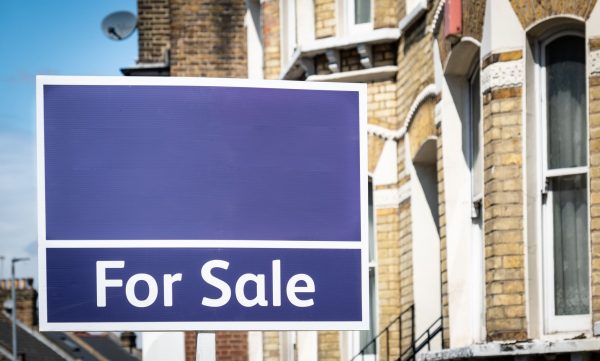How to value a house for probate

If you have been named as an executor of a will, the biggest component of the deceased’s estate is usually their home, and you will need to know how to value a house for probate.
It’s usually a good idea to call on the services of an expert – especially if the estate’s total value is close to or above the inheritance tax threshold.
Find out more about the house valuation process below.
How to calculate inheritance tax
To calculate whether you will have to pay inheritance tax you will need to add the value of the house to all other assets of the deceased’s estate and then take away any unpaid overheads, such as outstanding mortgage or loan agreements.
There’s normally no inheritance tax to pay if the value of the house and estate is below the £325,000 threshold or if everything above the £325,000 threshold is to be left to a spouse, civil partner, a charity or a community amateur sports club.
How to get a valuation
If the approximate value of the house and other estate is close to or above the inheritance tax threshold, you should get a valuation from a member of the Royal Institute of Chartered Surveyors (RICS). You can use this link to find a RICS member near you.
The RICS house valuation carries weight with HMRC should they wish to challenge it when considering your probate and tax forms. If they do, you can refer them to the surveyor to deal with any discrepancies.
A RICS surveyor will charge a fee for a probate house valuation, which will vary by location and size of the property. The minimum you will probably pay is £250 plus VAT.
How to do a valuation yourself
If you are confident inheritance tax won’t be an issue, you can value the house for probate yourself. Do this by comparing the cost of similar houses on the street or in the surrounding area and taking an average figure.
When deciding on the final valuation you will need to ask yourself a number of questions:
Is the property leasehold and how many years remain on the lease?
Is the property let and what are the tenancy terms, rent payable and landlord outgoings?
Are there any covenants or easements in the deeds of the property which could affect its value?
Is the property jointly owned (not by a spouse or civil partner)? In this case the value can be discounted to reflect the difficulty of selling a share of the property.
Is there any development potential which could affect the property’s eventual value?
Get an estate agent to value the house
For a more accurate valuation, you could commission an estate agent who will take the property’s size, condition, location and all of the questions above into consideration. It’s a good idea to get three valuations from estate agents and then take the average figure.
In many cases, especially lower-value properties and estates where inheritance tax is unlikely to be payable, an estate agent valuation will be sufficient.
An estate agent valuation will probably be free because they will be hoping to get your business to sell the house when the probate is agreed. Read our blog on how to sell a house in probate.
What happens to inheritance tax if the house is sold for more than the probate value?
Capital Gains can become an issue if the administration process and house sale is prolonged and the final price is higher than the original probate value. If this is the case you could be liable for Capital Gains Tax.

Do I need to know how to value a car for probate?
As the executor of a will, you will need to quantify the value of the deceased’s estate, that is their home and all their other possessions, including their car or cars. You will need a total value of assets when you make your application for probate.
Keeping the primary asset of the will safe
As the executor of a will, it is your responsibility to protect the assets of the estate until they are disposed of under the terms of the will of the deceased.
Their property is probably the most valuable single item in the estate and, if it is empty following the death, you will need to make sure it is protected by unoccupied property insurance. At Adrian Flux, we offer specific cover for properties that are empty during probate.
Read this blog to find out more reasons that you need to insure an unoccupied house after the owner’s death.







